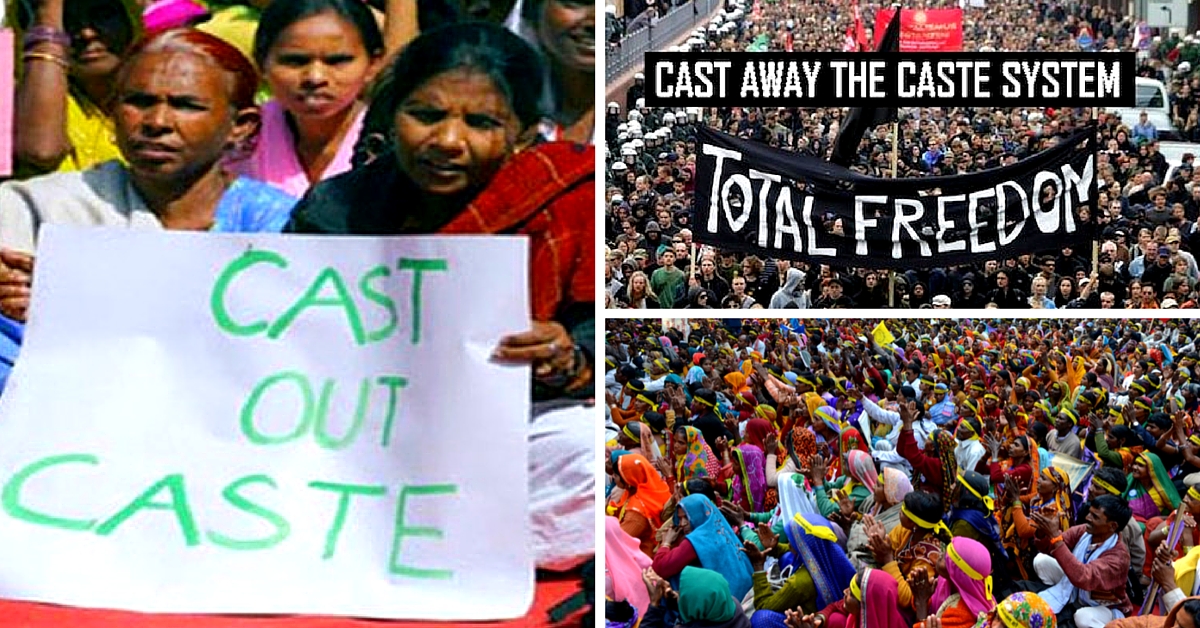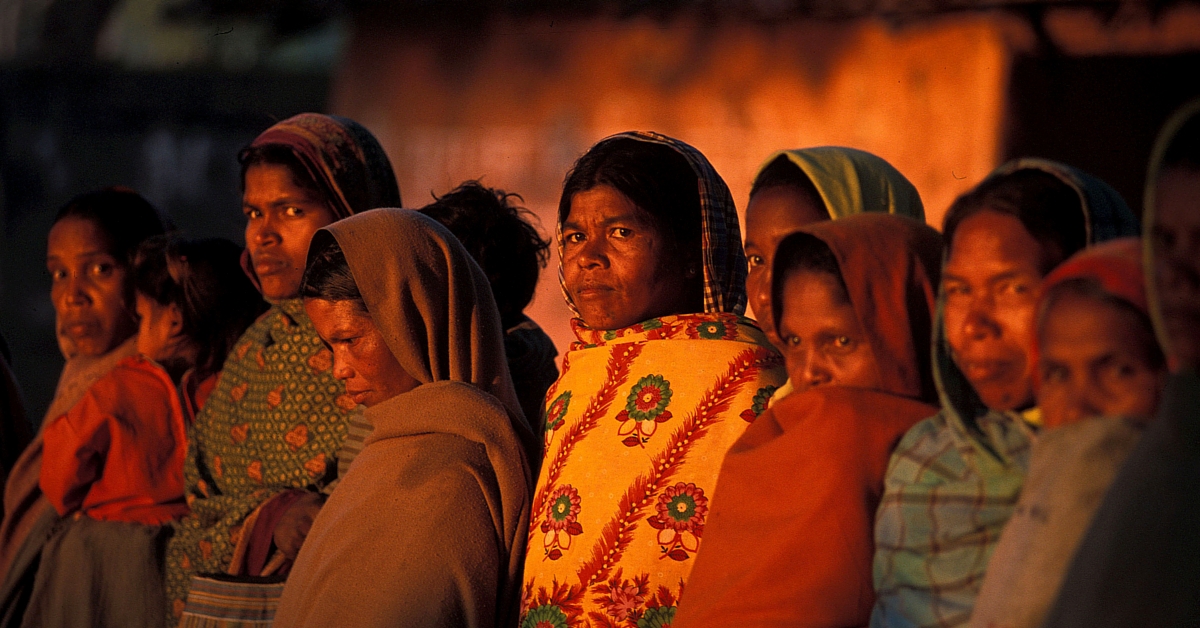5 Things to Know About the Law Passed by Maharashtra That Can End Social Discrimination
Maharashtra becomes the first state in India to pass a law that could effectively end social discrimination of marginalised communities in the state.

Maharashtra becomes the first state to pass a law that could effectively end social discrimination of marginalised communities in the state.
In a landmark judgment, the Maharashtra legislature became the first state in India to pass a law that could mean the end for social discrimination in the state. The Maharashtra Protection of People from Social Boycott Act, 2016, is a huge leap in social policies that needs to be implemented and emulated across India.
It’s a struggle that only marginalised communities in India know: the pain of being denied rights, the struggle to climb to the top, the need for recognition, being on the receiving end of violent acts. They are denied the resources for education, livelihood, self-improvement and are cast into a vicious circle of isolation and destitution.
In India, ages of caste discrimination against dalits, scheduled tribes, scheduled castes, and other communities listed in the OBC category, has led them to be socially and financially neglected. While the government has been trying to include these communities in the majority, there’s still a sense of social neglect and rejection that they face, even today.
The Act outright calls social boycott a crime.

Source: Wikimedia Commons
Those booked under this offence are liable to face imprisonment up to three years, and a fine of Rs 1 lakh. The Act describes a victim as anyone who has suffered or experienced physical, mental, psychological, emotional or monetary harm or harm to his property as a result of the commission of social boycott.
The law extends to panchayats, or groups of people considered financially or socially better off than the oppressed.
According to this The Hindu article, the law is directly aimed at breaking down the power that the caste panchayats have over the oppressed communities. “Caste panchayats often function as community-based parallel forums of justice, whose diktats are invariably directed against recalcitrant individuals who have been deemed to transgress the bounds of caste or community morality,” writes Delhi-based Gautam Bhatia, lawyer and blogger, “Interestingly, therefore, the Act specifically penalises causing discrimination among the members of a community on the basis of ‘morality, social acceptance, political inclination, [or] sexuality’.”
Also Read: These Fathers Are Silently Building A Caste-Less India, One Child At A Time
The law takes a realistic consideration of what the oppressed communities face, and fights against it for them.
Social boycott of any kind, for any reason, is considered an offence. This includes caste discrimination for marriage, inter-caste marriages, not letting them practice a certain religion or ritual, denying entry to religious places because of caste. It even says that boycott for reasons related to lifestyle of the community, dressing or jobs or vocation is not allowed.
The victim or the family of the victim can file a complaint either with the police, or directly with the magistrate.

Source: Wikimedia Commons
The case will be tried by a judicial magistrate. It’s a cognizable and bailable offence. The trial is expected to be a quick process, with a verdict reached in less than 6 months.
Social boycott officers are to be recruited, who will be given special training in dealing with cases of boycott.
They will be equipped to monitor cases, detect any social boycott by groups of people, and to assist the police and magistrate to report and file complaints.
Also Read: District Officers from Karnataka Town Take Dalits to Temple, Despite Opposition from Upper Castes
Featured image source links: Left, Top Right, Bottom Right
Like this story? Or have something to share? Write to us: [email protected], or connect with us on Facebook and Twitter (@thebetterindia).
If you found our stories insightful, informative, or even just enjoyable, we invite you to consider making a voluntary payment to support the work we do at The Better India. Your contribution helps us continue producing quality content that educates, inspires, and drives positive change.
Choose one of the payment options below for your contribution-
By paying for the stories you value, you directly contribute to sustaining our efforts focused on making a difference in the world. Together, let’s ensure that impactful stories continue to be told and shared, enriching lives and communities alike.
Thank you for your support. Here are some frequently asked questions you might find helpful to know why you are contributing?


This story made me
-
97
-
121
-
89
-
167













